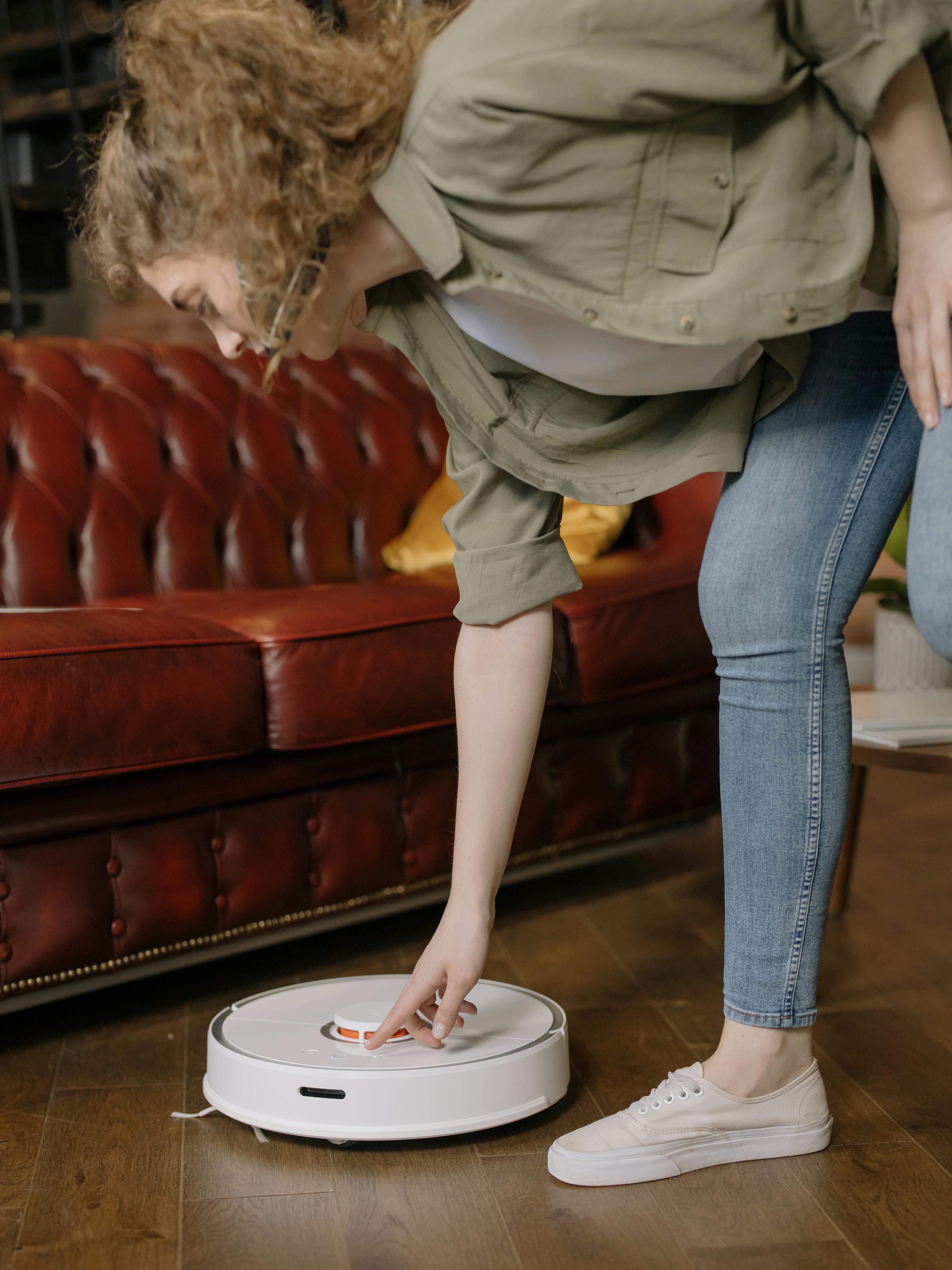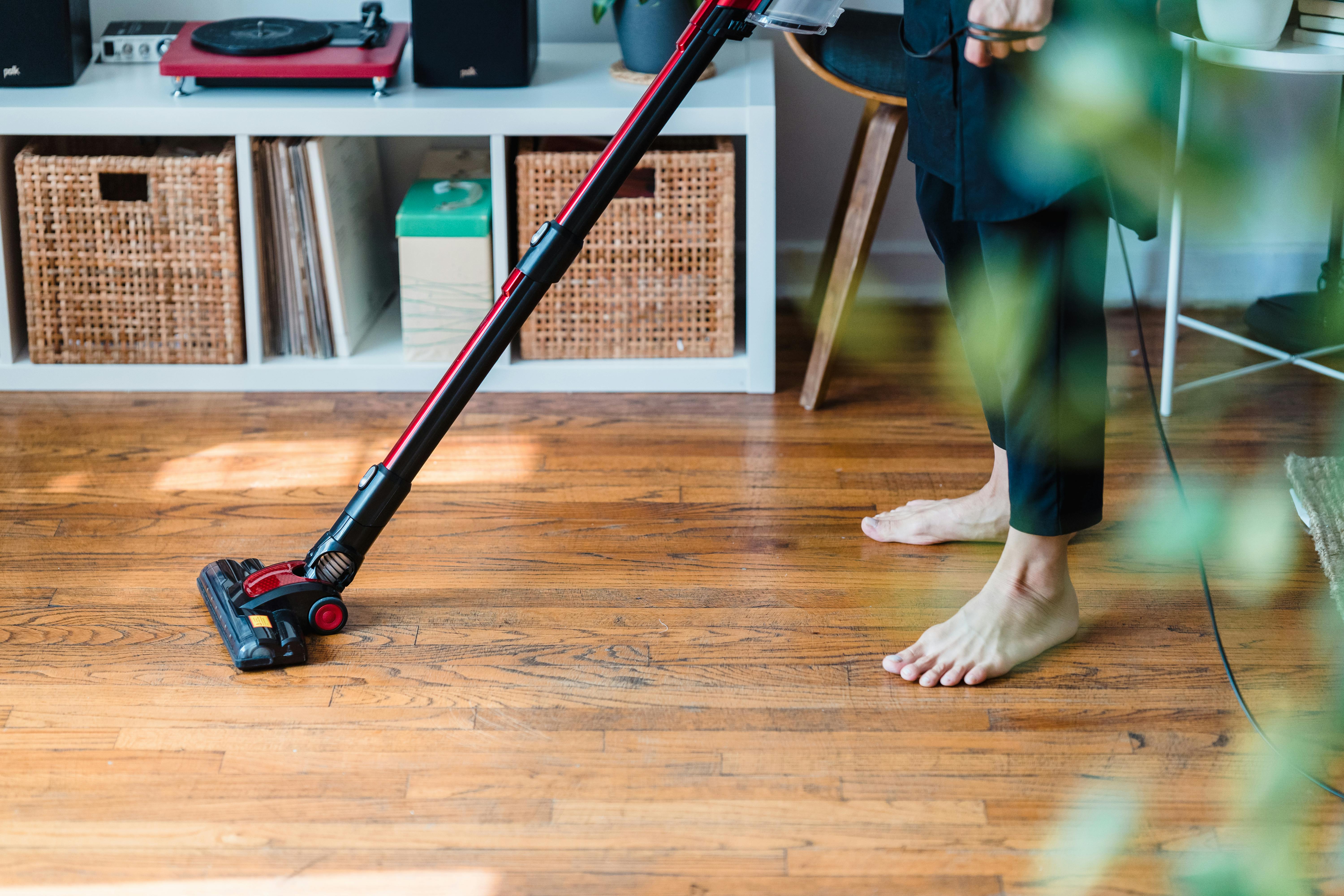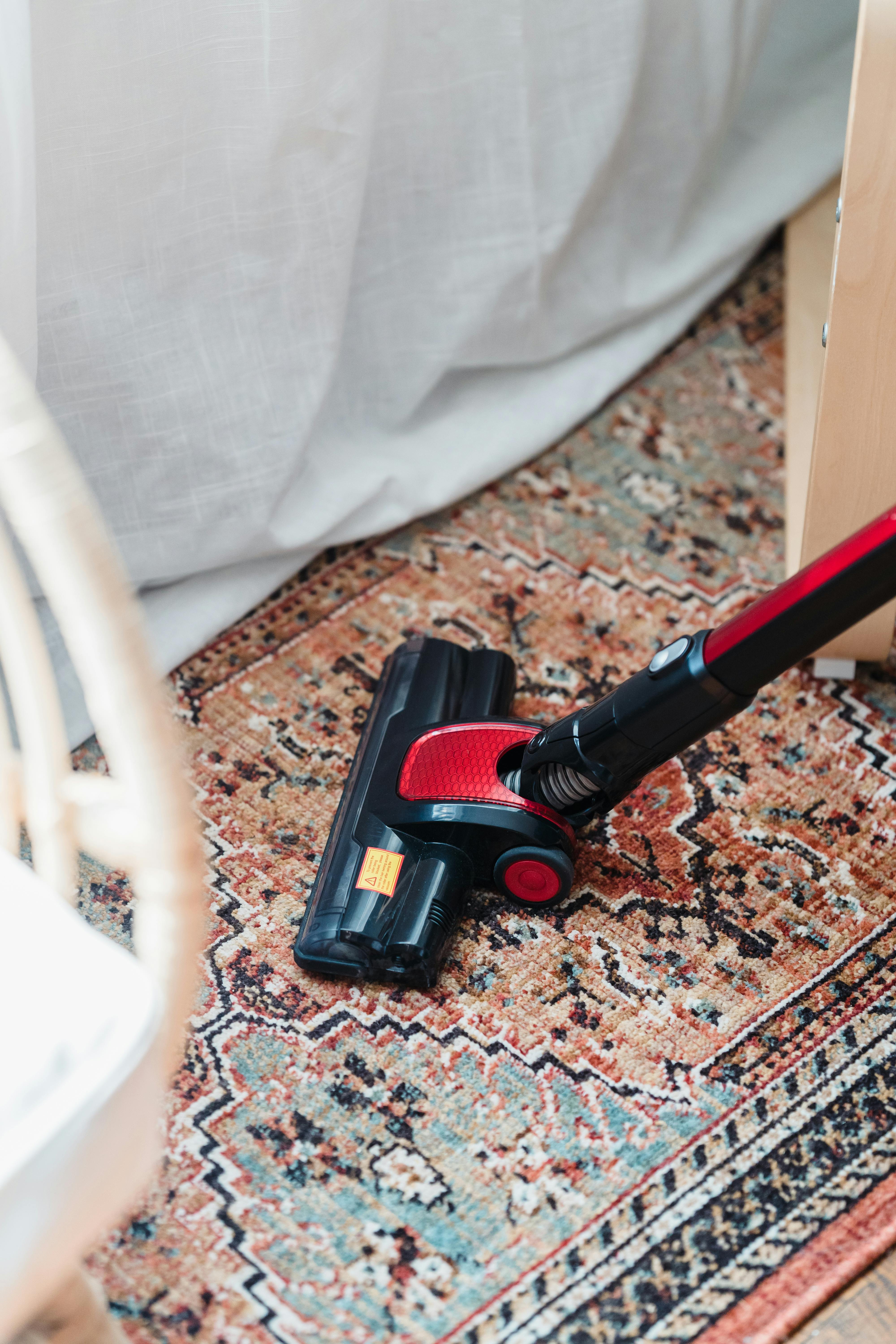The Importance of Regular Floor Maintenance
Imagine walking into a room with dirty, scuffed floors that haven’t been maintained in weeks. Not a pleasant sight, right? You may not realize it, but regular floor maintenance is crucial to the overall cleanliness, appearance, and longevity of your floors. In this detailed article, we will explore the importance of regular floor maintenance and provide you with useful tips to keep your floors looking their best.
Find products like these on Amazon!
Benefits of Regular Floor Maintenance
Taking care of your floors may seem like a mundane task, but the benefits are far-reaching. From enhancing the aesthetics of your space to preventing costly damage, regular floor maintenance plays a key role in preserving the condition of your floors.
Ensuring that your floors are properly maintained can also improve indoor air quality by reducing allergens and dust particles that accumulate in neglected flooring. This leads to a healthier environment for you and your loved ones.
Types of Flooring
Before diving into the specifics of floor maintenance, it’s essential to understand the different types of flooring commonly found in homes and commercial spaces. Each type of flooring requires a unique approach when it comes to cleaning and maintenance.
| Type of Flooring | Characteristics |
|---|---|
| Hardwood | Durable, elegant, requires occasional refinishing |
| Laminate | Cost-effective, easy to clean, not suitable for wet areas |
| Tile | Versatile, water-resistant, grout requires regular cleaning |
| Carpet | Soft, comfortable, requires regular vacuuming and professional cleaning |
| Vinyl | Affordable, water-resistant, easy to maintain |
Knowing the type of flooring you have will help you determine the best maintenance practices to keep your floors in top condition.

This image is property of images.pexels.com.
Find products like these on Amazon!
Daily Floor Maintenance
Maintaining your floors doesn’t have to be a daunting task. Implementing simple daily cleaning routines can go a long way in preserving the quality of your floors.
Sweeping or vacuuming your floors daily helps remove dirt, debris, and other particles that can cause scratches or damage to the surface. In high-traffic areas, consider using doormats to prevent dirt and moisture from being tracked onto your floors.
Mopping your floors regularly with a mild cleaner can help remove stains and spills, keeping your floors looking fresh and well-maintained. Be sure to use cleaning products that are safe for your specific type of flooring to avoid causing any damage.
Weekly Floor Maintenance
While daily cleaning is vital for the upkeep of your floors, incorporating weekly maintenance tasks can help ensure that your floors remain in optimal condition. Weekly maintenance helps address any lingering dirt or grime that may not be removed during daily cleaning.
For hardwood and laminate floors, consider using a wood floor cleaner to provide a deeper clean and enhance the shine of your floors. Avoid using excessive moisture on hardwood floors, as this can lead to warping or damage.
When cleaning tile or vinyl floors, focus on removing grime from grout lines using a mixture of baking soda and water. This will help prevent mold and mildew growth in between tiles and keep your floors looking pristine.

This image is property of images.pexels.com.
Monthly Floor Maintenance
In addition to daily and weekly maintenance routines, it’s essential to incorporate monthly tasks to address specific issues that may arise with your floors over time.
For hardwood floors, consider applying a hardwood floor polish every month to rejuvenate the finish and protect the surface from wear and tear. This will help maintain the luster of your floors and extend their lifespan.
For carpeted areas, schedule a professional carpet cleaning service at least once a month to remove deep-seated dirt, allergens, and stains that regular vacuuming may not eliminate. Professional cleaning helps restore the appearance of your carpets and prolongs their longevity.
Seasonal Floor Maintenance
As the seasons change, so do the maintenance needs of your floors. Different seasons bring unique challenges, such as increased moisture in the summer or salt and snow in the winter. Adapting your floor maintenance routine to the seasons can help prevent damage and preserve the condition of your floors year-round.
During the summer months, focus on controlling humidity levels in your home to prevent hardwood floors from warping or cupping. Consider using a dehumidifier to maintain optimal humidity levels and protect your floors from moisture damage.
In the winter, be vigilant about removing salt and snow from entryways to prevent them from being tracked onto your floors. Place rugs or mats at entry points to trap moisture and debris, reducing the risk of scratches or stains on your floors.

This image is property of images.pexels.com.
Importance of Professional Floor Maintenance
While daily, weekly, monthly, and seasonal maintenance tasks are essential for keeping your floors clean and well-maintained, there are certain situations where professional floor maintenance services may be necessary.
Professional floor maintenance professionals have the expertise, tools, and products to deep clean and restore floors to their original condition. Whether you’re dealing with stubborn stains, scuff marks, or damaged areas, professional floor maintenance can help revitalize your floors and extend their lifespan.
Regularly scheduled professional floor maintenance services can also help identify potential issues with your floors early on, preventing costly repairs or replacements down the line. Investing in professional maintenance is an investment in the longevity and appearance of your floors.
Signs That Your Floors Require Maintenance
Knowing when to address maintenance issues with your floors is crucial in preserving their condition and preventing costly damage. Keep an eye out for these telltale signs that indicate your floors require maintenance:
- Scratches, scuffs, or dents in hardwood or laminate floors
- Discoloration or stains in tile or vinyl flooring
- Musty odors or visible dirt buildup in carpeted areas
- Uneven or warped areas in hardwood floors
If you notice any of these signs, it’s essential to address them promptly to prevent further damage and prolong the lifespan of your floors.
DIY Floor Maintenance Tips
While professional floor maintenance services are beneficial for restoring and revitalizing your floors, there are also several DIY tips and tricks you can implement to keep your floors looking their best between professional cleanings.
- Use felt pads on furniture legs to prevent scratches and dents on hardwood floors
- Place area rugs in high-traffic areas to protect your floors from wear and tear
- Clean up spills and stains immediately to prevent them from setting into your floors
By incorporating these simple DIY maintenance tips into your routine, you can help maintain the beauty and integrity of your floors for years to come.
Conclusion
Regular floor maintenance is more than just a chore – it’s a crucial step in preserving the condition and longevity of your floors. By implementing daily, weekly, monthly, and seasonal maintenance routines, you can ensure that your floors remain clean, healthy, and aesthetically pleasing.
Whether you have hardwood, laminate, tile, carpet, or vinyl flooring, understanding the unique maintenance needs of each type of flooring is essential for keeping your floors in top condition. By following the tips and advice outlined in this article, you can enjoy beautiful, well-maintained floors for years to come.
Find products like these on Amazon!

-
-
1 week
Tagged Benefits, cleaning, Hygiene, Janitorial